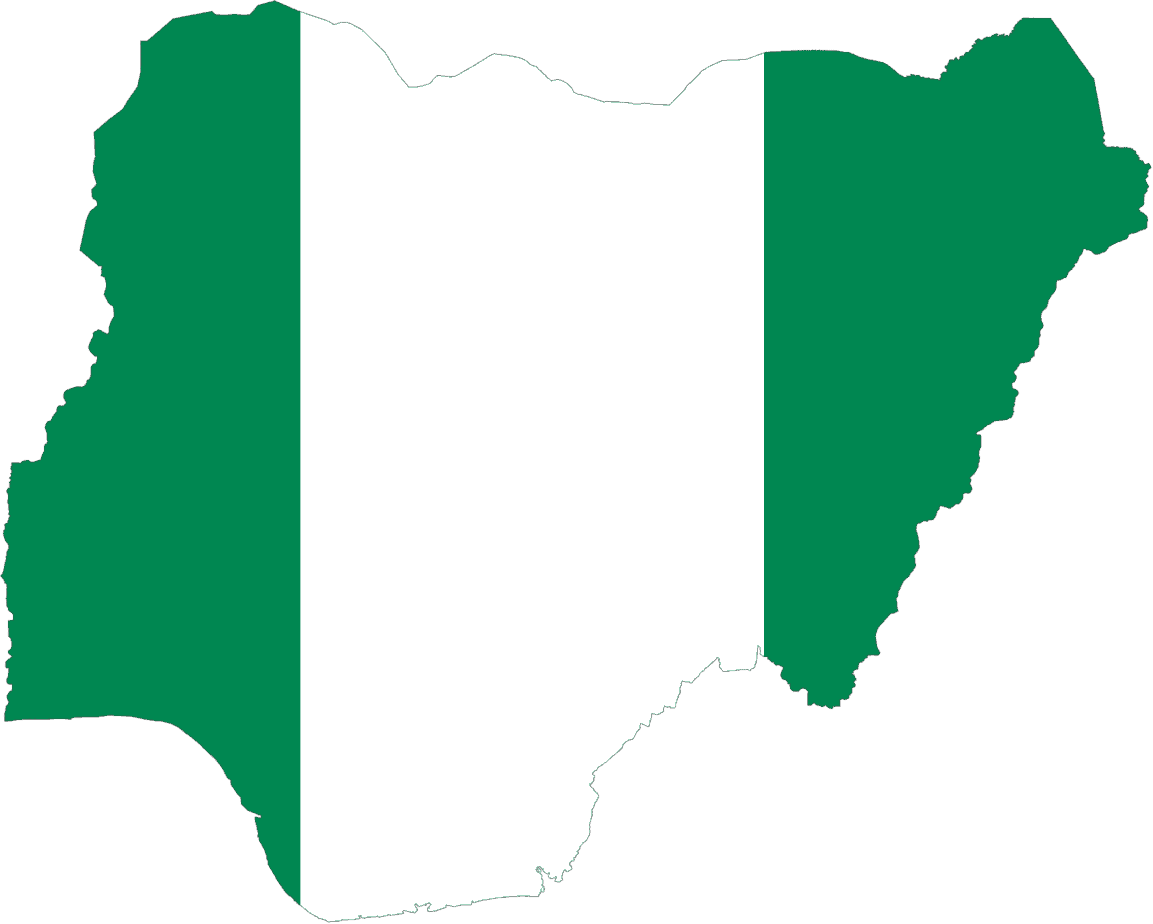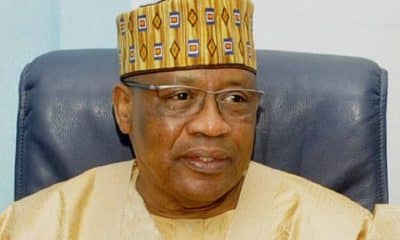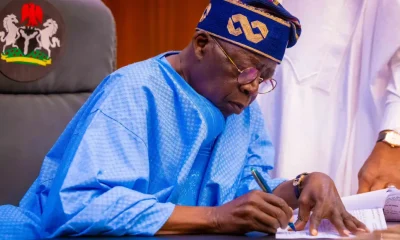Nigeria News
Nigeria’s Public Debt Hits N24.387tn

Nigeria’s Debt Profile Increases
The Debt Management Office (DMO) has revealed that Nigeria’s aggregate public debt grew by 12.25 per cent (N2.66 trillion) year-on-year as at December 31, 2018, to currently stand at N24.387 trillion ($79.437 billion).
Before the new figure released by the DMO, the previous figure was N21.7 trillion over the same period in 2017.
According to a breakdown of the figures, external debt stood at N7.759.23 trillion ($22bn), while domestic component stood at N16.627.84 trillion ($56bn).
The DMO’s Director General, Ms. Patience Oniha, while briefing journalists in Abuja, disclosed that the debt profile comprised those owed by federal, states and Federal Capital Territory Administrations.
She added that the federal government loans accounted for 78 per cent of the figure, while states and the FCT accounted for 22 per cent, noting that the federal government has an external debt stock of N6.4 trillion while the domestic component stood at N17.11 trillion.
According to her, this brings the federal government’s debt profile to N19.23 trillion.
Similarly, she said the states and the FCT have external debt of N1.25 trillion and N3.85 trillion domestic debt, or a total of N5.15 trillion.
Giving further breakdown, Oniha said that the federal government’s domestic debt stock comprised N331.12 billion Promissory Notes issued to oil marketing companies and state governments in December 2018, noting that the government’s debt strategy of exploring external funds was achieving the expected objectives, some of which were to free more space for other borrowers in the domestic market.
“Other objectives are to extend the average tenor of the debt stock in order to reduce refinancing risk and increase external reserves,” Oniha said.
“The share of domestic debt dropped to 68.18per cent from 73.36 per cent as at December 31, 2017 thereby achieving a Mix of 68.18 per cent and 31.82 per cent in the Debt Stock. According to the DMO the strategy of using relatively cheaper and longer tenored external funds is achieving the expected objectives. Some of the Objectives were: to create more space for other borrowers in the domestic market, extend the average tenor of the debt stock in order to reduce refinancing risk and increase External Reserves.
“The implementation of the strategy led to an injection of N855 billion through the redemption of Nigerian Treasury Bills in 2018 and a general drop in the FGN’s borrowing rate in the domestic market from over 18 per cent p.a. in 2017 to 14 – 15 per cent p.a. in 2018,” she added.
According to her, some of its major plans in 2019 are to undertake more of project-tied borrowing and access more external borrowing from concessional sources.
“The issuance of the Bond will meet the needs of annuity funds and other long term investors while also developing the domestic capital market and reducing the re-financing risk of the FGN. Another area of focus will be the management of Risks associated with the Debt Stock to mitigate debt service costs.
“Another area of focus will be the management of risks associated with the debt stock to mitigate debt service costs,” she said, adding that this is captured in the 2019 budget proposal before the National Assembly.
On the deficit of N1.649 trillion in the 2019 budget, she said the federal government would borrow N824 billion of the amount borrowed domestically through federal government Bonds, Sukuk, Green Bonds and Savings Bonds.
The other N824 billion is expected to be financed externally from concessional sources as they are cheaper and are longer-termed funds for infrastructure, she added.
Oniha said that the planned N15 billion Green Bonds and the infrastructure bonds would be issued in the second quarter of 2019.












